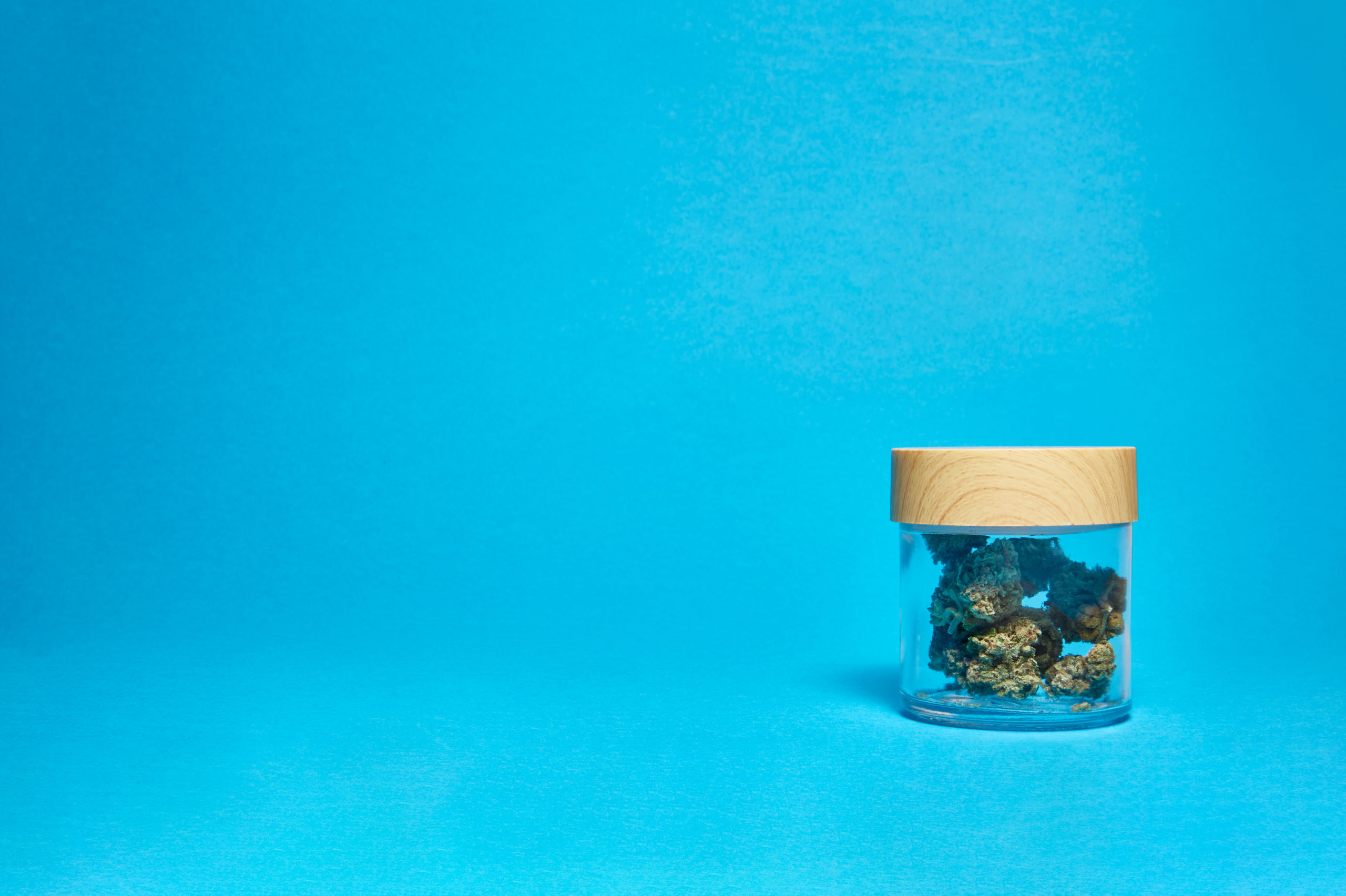Learn
Your trusted educational resource
Welcome to Learn, your guide to understanding the essential topics and laws relating to cannabis. We created Learn to offer reliable educational resources for novice and connoisseur consumers alike. Like the plant we know and love, this section will grow, so stay tuned for updates.
The information contained in this site is provided for informational purposes only, and should not be construed as medical or legal advice.





